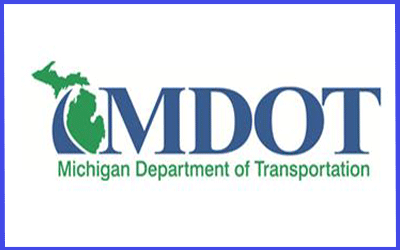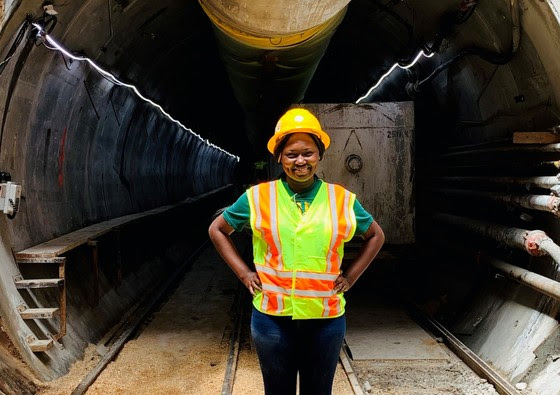|
FOR IMMEDIATE RELEASE MONDAY, JULY 26, 2021
CONTACT: Dan Weingarten, MDOT Office of Communications, 906-250-4809
[email protected]
MDOT dashboard tracks bridge bundling pilot program
Fast facts:
– The Michigan Department of Transportation (MDOT) has a new online dashboard that allows the public to track progress on local agency bridge projects.
– A pilot project currently encompasses major improvements of 19 locally owned bridges. The new dashboard provides project updates and shows percent completion, detour routes, and other information for each bridge location.
– Under the pilot program, three bridges will be rebuilt in 2021, beginning in August.
– MDOT expects the bridge bundling pilot project, which covers several projects under one contract, to streamline coordination and permitting, increase economies of scale, and improve bridge conditions on local routes.
July 26, 2021 — The public now has a new online tool to track the Michigan Department of Transportation (MDOT) initiative to bundle bridge projects together to make them more cost-effective, and to address multiple local agency bridges under one project.
MDOT expects bridge bundling, which covers several bridge locations under one contract, to streamline coordination and permitting, increase economies of scale, and improve bridge conditions on local routes around the state. MDOT is working to expand the approach, already in use on state trunkline projects, to address locally owned bridges.
A pilot project, the first of its kind in Michigan, encompasses 19 bridge locations on locally owned bridges. The new online dashboard at Michigan.gov/BridgeBundling provides project updates and shows percent completion, detour routes, and other information for each of these projects. MDOT expects to provide photos during the construction process, as well.
”The pilot includes 19 local agency-owned bridges around the state with major bridge elements in serious or critical condition.” said MDOT Chief Bridge Engineer Matt Chynoweth. ”The scope of work for these bridges is superstructure replacement, which includes full removal and replacement of the bridge deck and supporting beams. Under the pilot program, three bridges will be rebuilt this year, beginning in August. The contract requirements call for them to be finished in 60 or 90 days.”
The three bridges slated to be rebuilt this year are:
- The Byron Road bridge in Ottawa County (90 days, August-November),
- The Bentley Street bridge in the city of Lapeer (60 days, September-November), and
- The East Washington Street bridge in the city of Jackson (60 days, September-November).
The remaining 16 bridges are scheduled to be built in 2022 and 2023. During this time, all bridges will be closed and detoured as requested by the local agencies. Chynoweth said the projects will stay largely within the existing bridge ”footprints” with minor road work to accommodate new bridge elevations or changes in cross-section to meet current geometric requirements.
By combining several contracts into one, bridge bundling allows one contractor, or one group of contractors, to work on multiple bridges in several locations, simultaneously, if needed. This can bring taxpayer savings through the standardization of bridge components and mobilization costs. The contract for the pilot program was awarded in March to a joint venture of two bridge contractors, CA Hull and Anlaan, with Alfred Benesch as the lead designer, for the low bid of $24.3 million.
Earlier this year, the U.S. Department of Transportation’s Federal Highway Administration (FHWA) awarded MDOT nearly $978,000 to further its bridge bundling efforts on local agency routes, developing a framework for expanding the program. This grant was one of only seven awarded nationwide.
MDOT estimates $2 billion is required just to get all state-owned bridges up to good or fair condition, and another $1.5 billion to do the same for all local agency-owned bridges. Gov. Gretchen Whitmer is seeking $300 million in a Fiscal Year 2021 supplemental budget request for the proposed next phase of the bridge bundling program. With this funding, MDOT anticipates the state could rebuild about another 130 bridges, addressing all currently closed local agency bridges and prioritizing repairs on local agency bridges in serious or critical condition. |










